The countries hit by major protests in 2019
Millions have taken to the streets across the globe this year demanding change

A free daily email with the biggest news stories of the day – and the best features from TheWeek.com
You are now subscribed
Your newsletter sign-up was successful
From the students occupying university buildings in Hong Kong to activists overthrowing a 30-year dictatorship in Sudan, 2019 has seen a resurgence in the use of protesting as a tool for political and social change.
Dozens of countries have been affected by mass unrest this calendar year, most prompted by similar economic woes and anti-corruption drives but yielding mixed results ranging from total revolution to violent and bloody crackdowns.
Here’s a look at some of the major protests in 2019:
The Week
Escape your echo chamber. Get the facts behind the news, plus analysis from multiple perspectives.

Sign up for The Week's Free Newsletters
From our morning news briefing to a weekly Good News Newsletter, get the best of The Week delivered directly to your inbox.
From our morning news briefing to a weekly Good News Newsletter, get the best of The Week delivered directly to your inbox.
Hong Kong
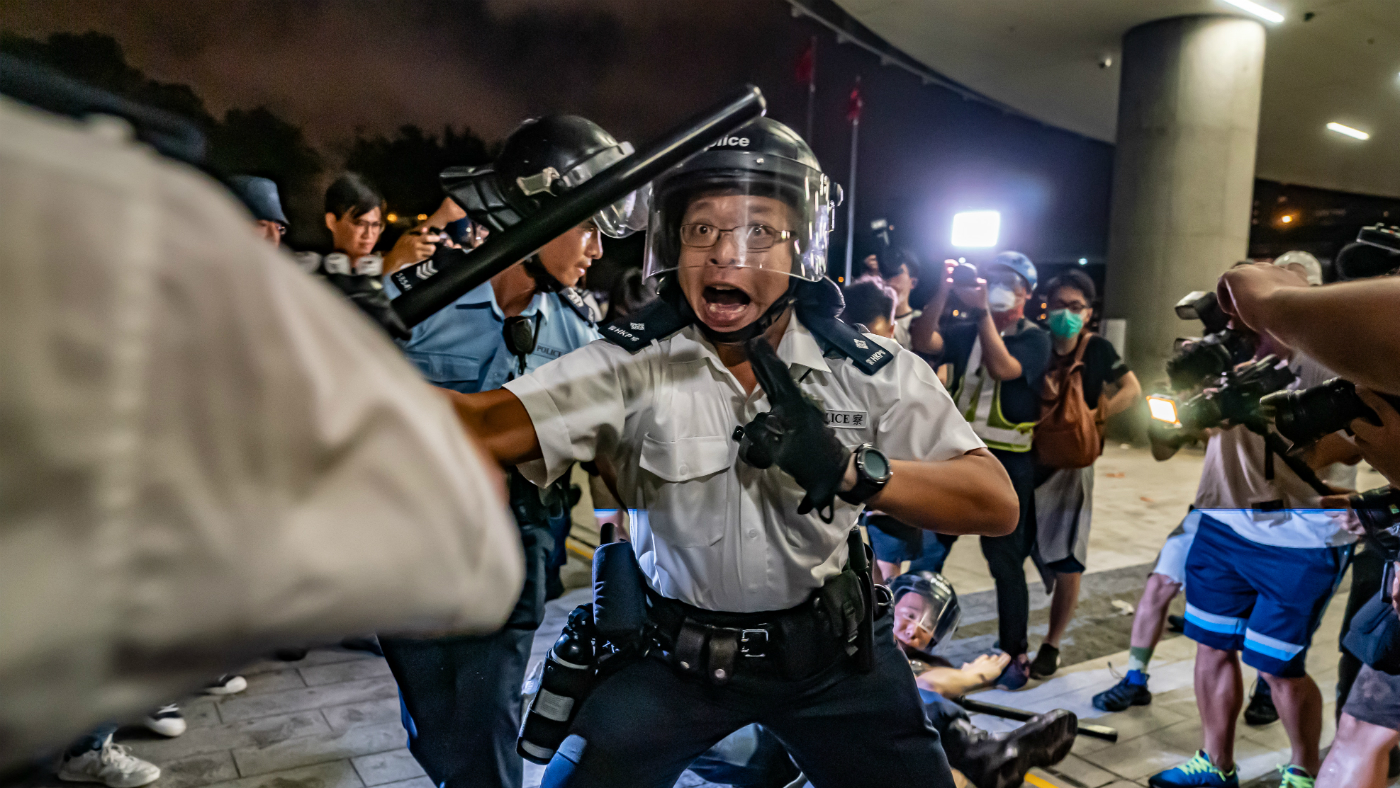
The crisis in Hong Kong has become one of the year’s most significant news stories. In April, protesters began taking to the streets each weekend to oppose a proposed bill that would have allowed extraditions to mainland China.
Despite the legislation being scrapped, the BBC reports that protesters “now want complete universal suffrage, an independent inquiry into alleged police brutality and amnesty for demonstrators who have been arrested”.
A free daily email with the biggest news stories of the day – and the best features from TheWeek.com

Iraq has been rocked by rallies calling for an overhaul of the government since the start of October. Al Jazeera reports that protesters have “denounced rampant corruption, lack of opportunity and poor public services”.
A police crackdown has resulted in the deaths of at least 300 people, with the United Nations warning that the country is heading for a “bloodbath”.
Sudan
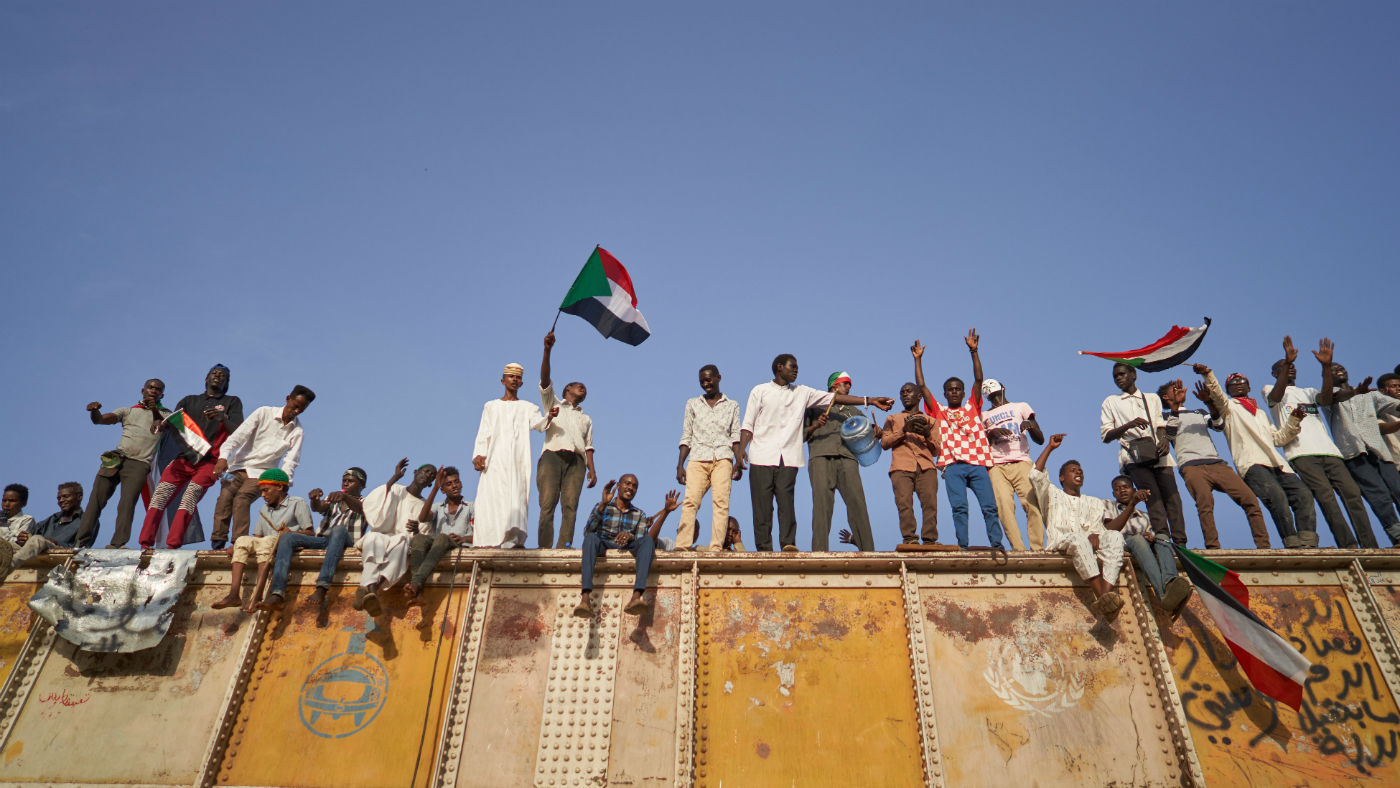
In one of the year’s success stories, long-time Sudanese president Omar al-Bashir was removed from power in April after months of protests supported by government troops.
Despite fears that tensions following the revolution could spark a bloody civil war, Sudan’s interim military government and the opposition coalition signed a final power-sharing deal in August paving the way for a transition to a civilian-led government.
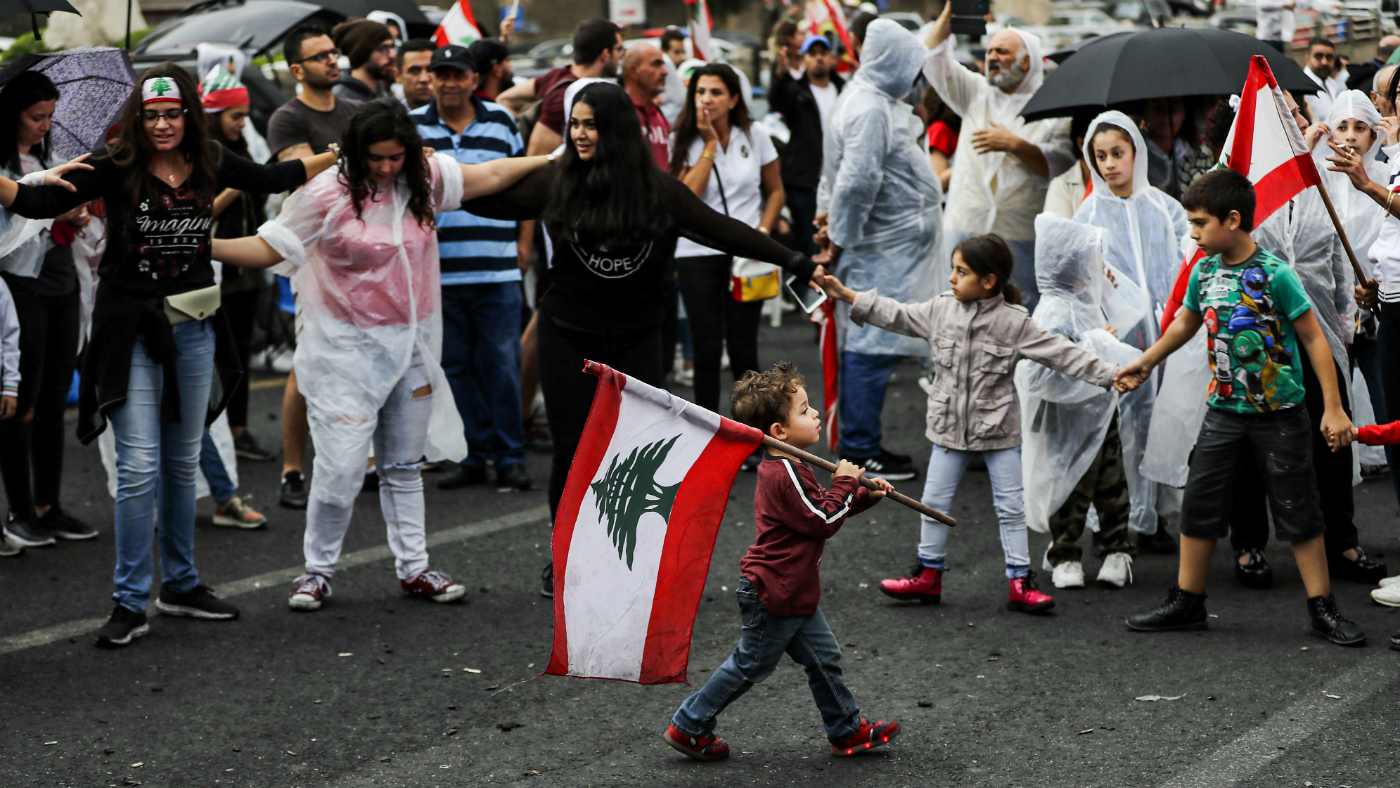
Widespread rallies opposing poor economic conditions broke out across Lebanon in late September, with protesters calling for the toppling of the Lebanese elite that had ruled the country since the 1980s.
A month later, Prime Minister Saad Hariri announced his resignation after less than a year in power, but unrest continues amid a “tense stalemate” between authorities and protesters, The Guardian says.
–––––––––––––––––––––––––––––––For a round-up of the most important stories from around the world - and a concise, refreshing and balanced take on the week’s news agenda - try The Week magazine. Start your trial subscription today–––––––––––––––––––––––––––––––
Bolivia
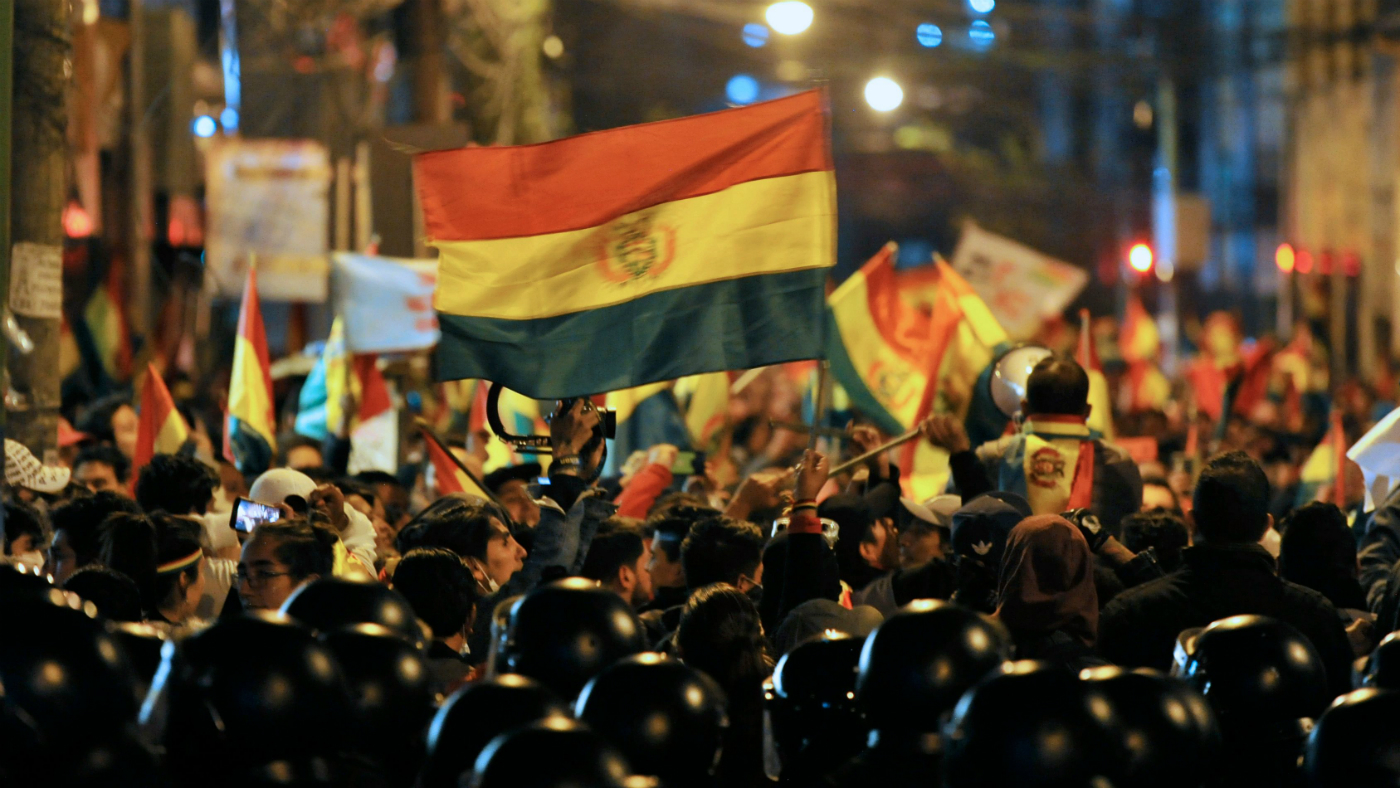
Protests came to Bolivia in October following left-wing President Evo Morales’s unprecedented decision to run for a fourth term. He was reportedly asked to resign by the military in controversial circumstances, with many believing that he was the victim of a coup.
Since Morales fled to Mexico, right-wing deputy senate leader Jeanine Anez has declared herself interim president. Unrest continues.
Chile
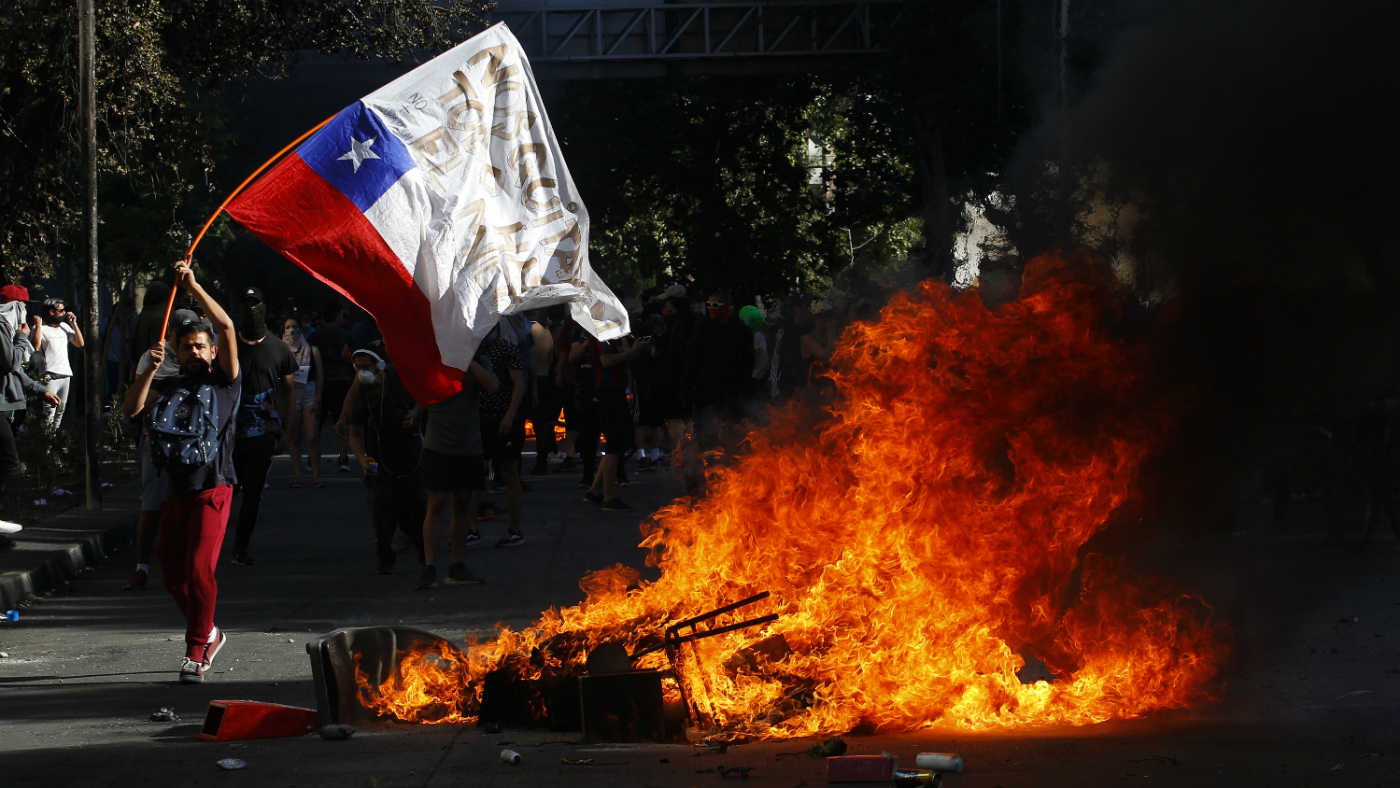
More than a million protesters took to the streets across Chile in mid-October over an increase in subway fares – protests which then spilled over into an airing of grievances over “long-standing frustrations”, Time magazine says.
But a brutal police crackdown characterised by “excessive use of force to torture, illegal raids and arbitrary detention” has marred the rallies and stoked further tensions, Amnesty International says.
Egypt
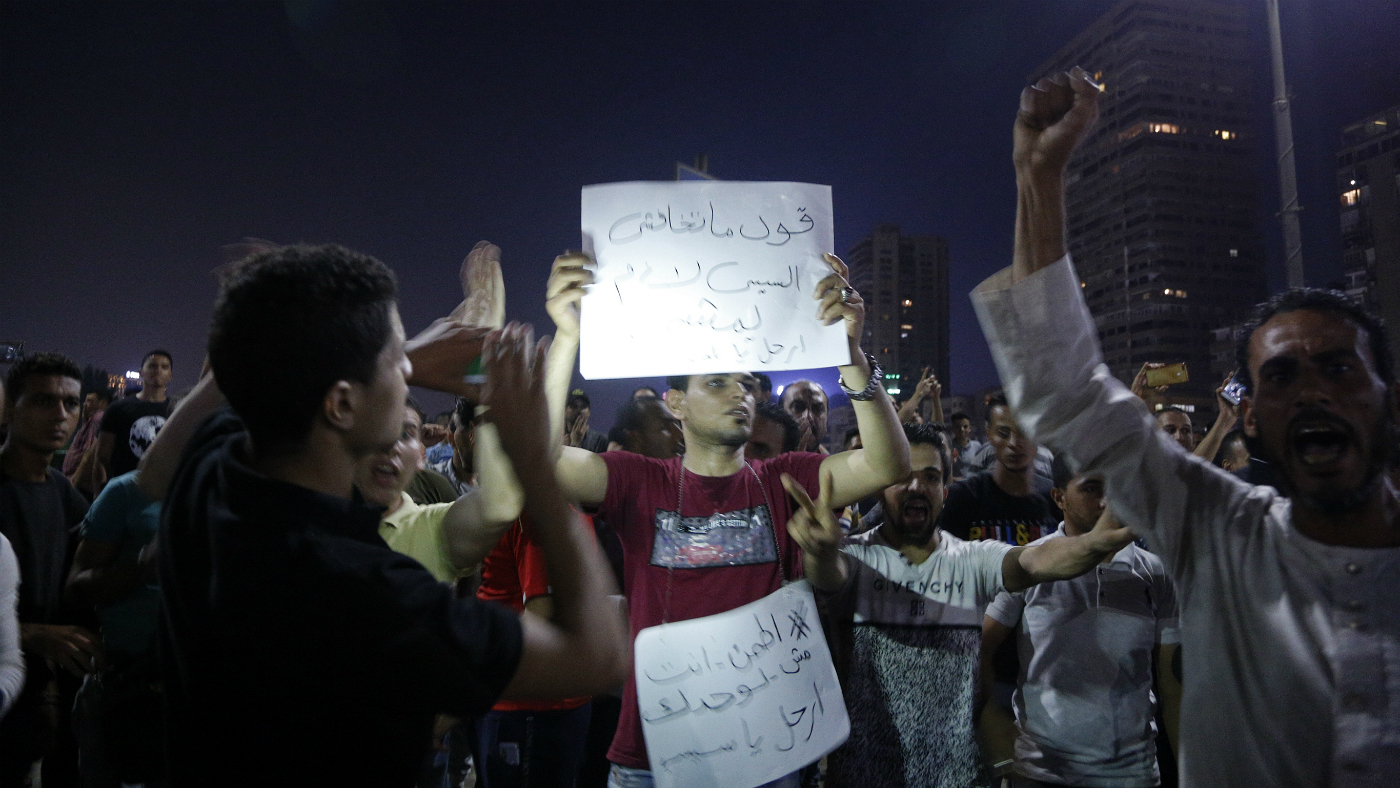
After years of uneasy calm, Egyptians returned to the streets in September calling for the removal of President Abdel Fattah el-Sisi, who has “imposed strict austerity measures since 2016”, The Guardian says.
Egypt has stringent anti-protest laws and police have responded with tear gas and live bullets, with thousands of protesters arrested. Sisi has remained defiant and little has changed.
Ecuador
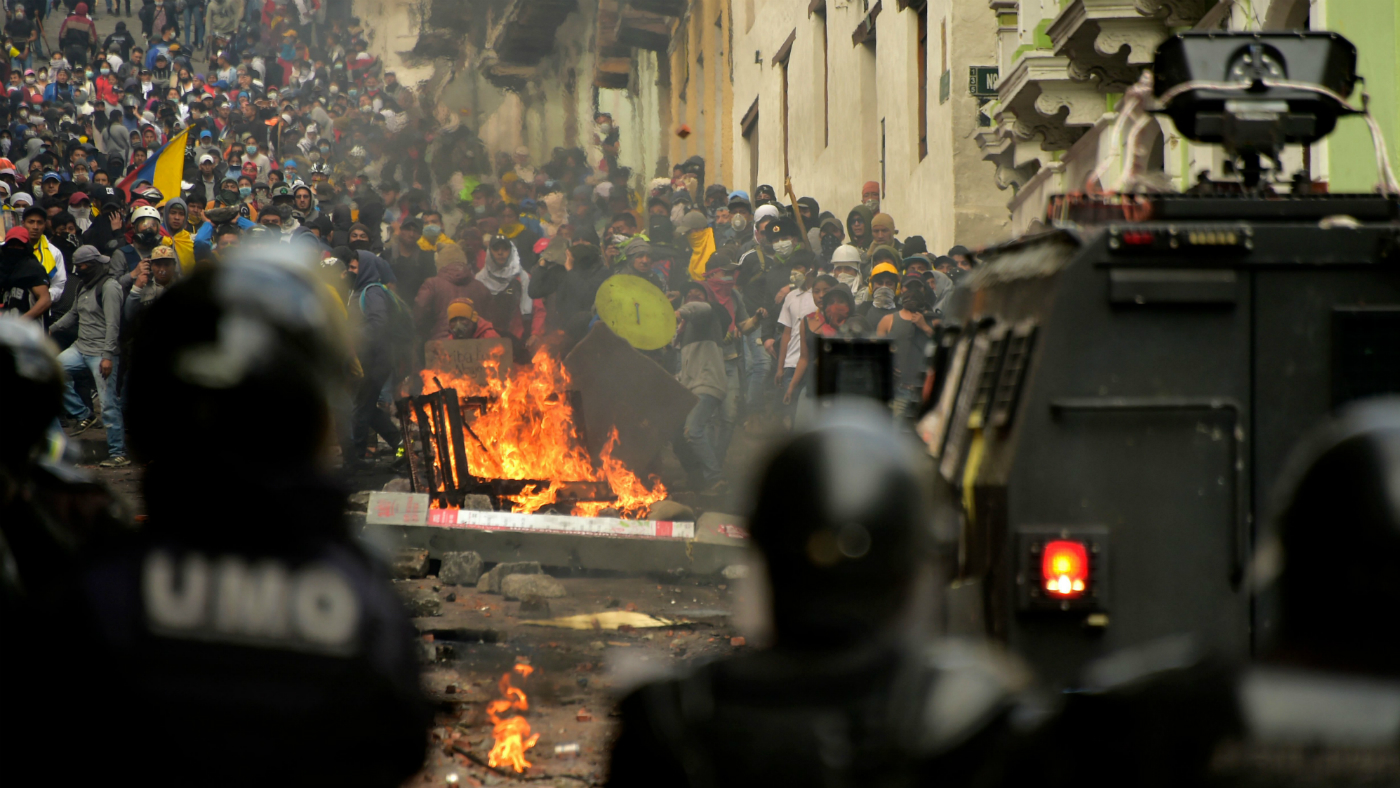
Harsh austerity measures also brought Ecuadorians out in force in October, galvanised by President Lenin Moreno’s decision to repeal fuel subsidies, which have been in place since the 1970s.
Protesters have called for the return of the subsidies and subsequently for Moreno’s resignation and an end to austerity. As of November, the reinstatement of the subsidies has been the only major change.
Spain
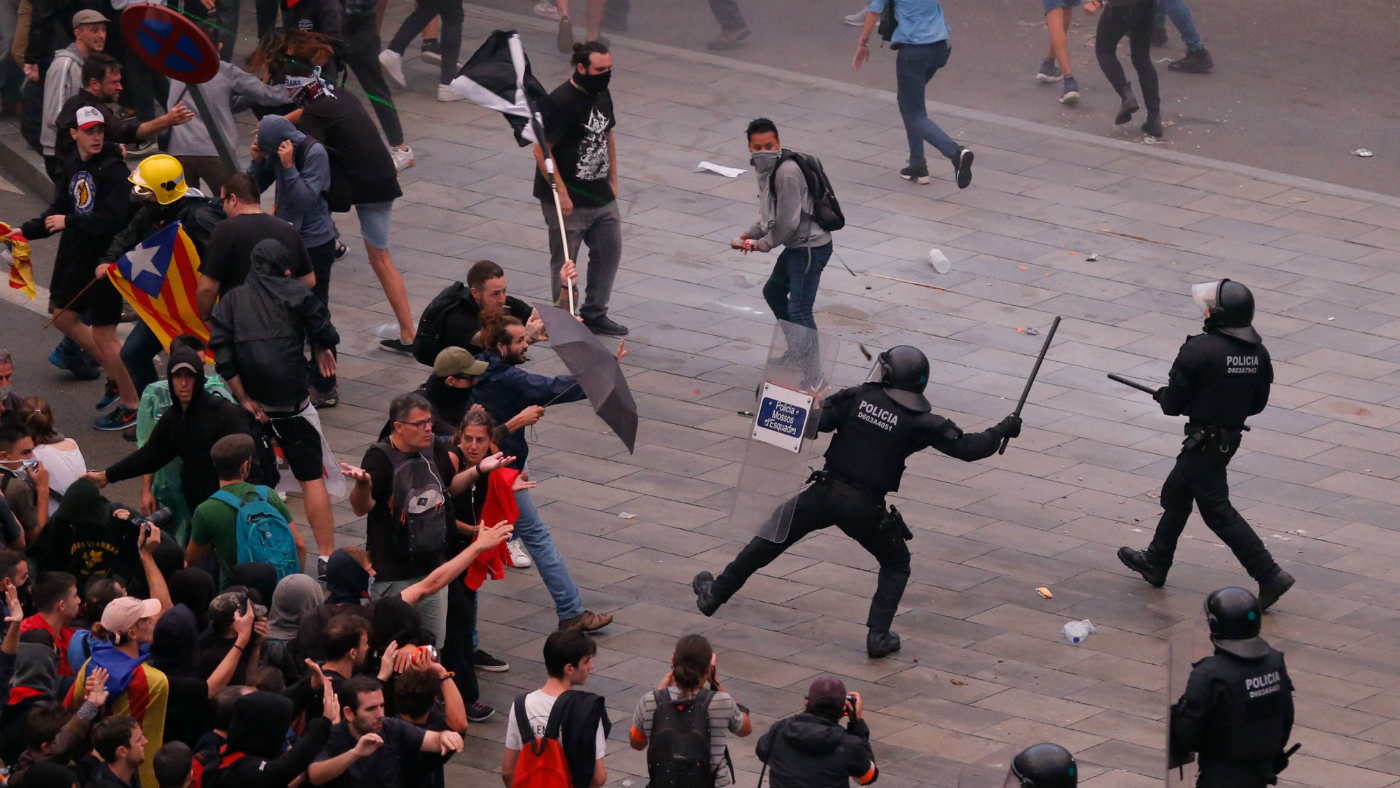
Europe has not escaped major unrest this year, with Catalonia once again becoming a battleground for activists seeking independence from Spain.
In October, Spain’s Supreme Court jailed nine Catalan separatist leaders over their role in the region’s 2017 independence referendum, prompting rioting in Barcelona and other major cities. Hundreds were injured and protests are ongoing.
Algeria
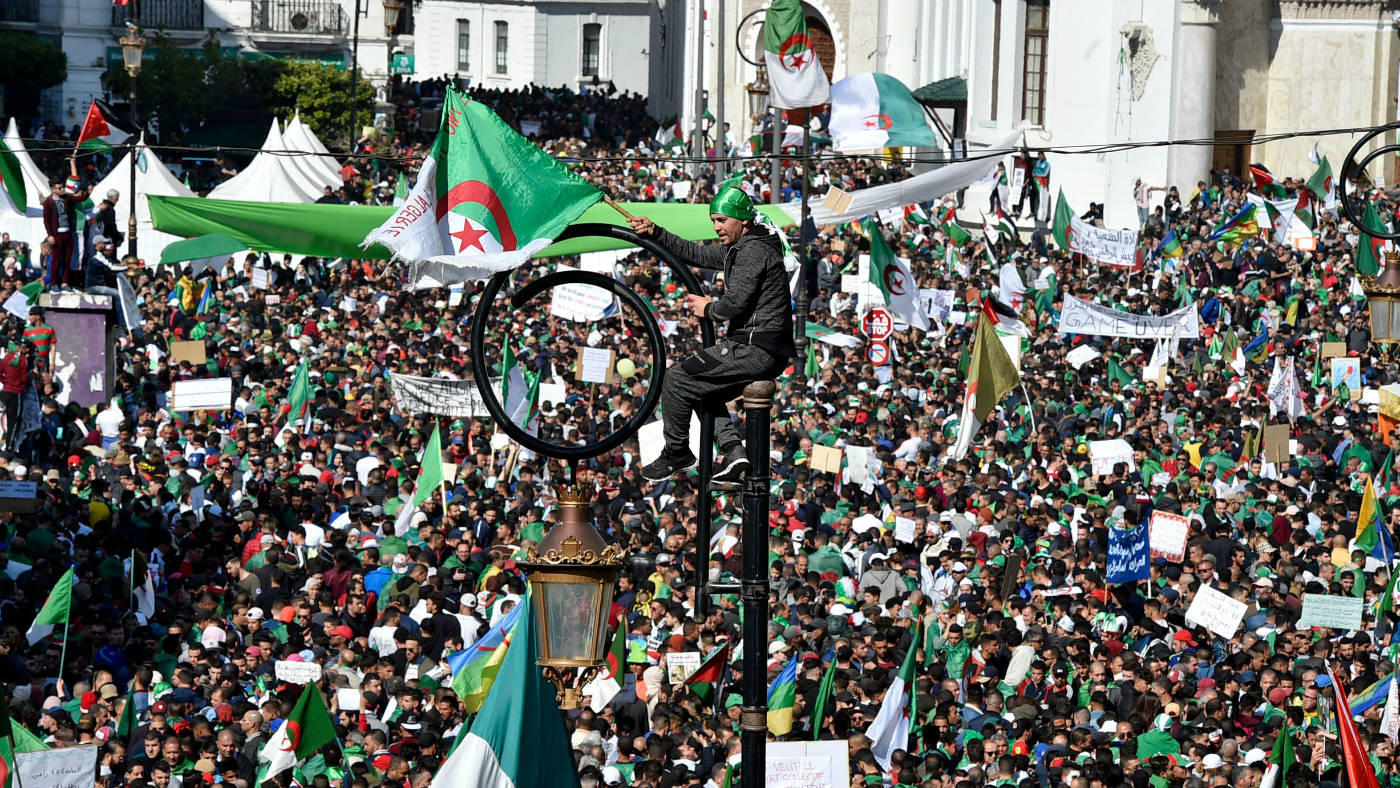
In April Algeria’s president, Abdelaziz Bouteflika, who had been in power for 20 years, resigned after weeks of street protests. Prime minister Ahmed Ouyahia was also forced to step down.
But according to the BBC, the president’s departure “was not enough for the predominantly young protesters” who are “calling for sweeping government reforms, accusing leaders of widespread corruption and state repression”.
-
 How the FCC’s ‘equal time’ rule works
How the FCC’s ‘equal time’ rule worksIn the Spotlight The law is at the heart of the Colbert-CBS conflict
-
 What is the endgame in the DHS shutdown?
What is the endgame in the DHS shutdown?Today’s Big Question Democrats want to rein in ICE’s immigration crackdown
-
 ‘Poor time management isn’t just an inconvenience’
‘Poor time management isn’t just an inconvenience’Instant Opinion Opinion, comment and editorials of the day
-
 Will increasing tensions with Iran boil over into war?
Will increasing tensions with Iran boil over into war?Today’s Big Question President Donald Trump has recently been threatening the country
-
 Epstein files topple law CEO, roil UK government
Epstein files topple law CEO, roil UK governmentSpeed Read Peter Mandelson, Britain’s former ambassador to the US, is caught up in the scandal
-
 Iran and US prepare to meet after skirmishes
Iran and US prepare to meet after skirmishesSpeed Read The incident comes amid heightened tensions in the Middle East
-
 Which way will Trump go on Iran?
Which way will Trump go on Iran?Today’s Big Question Diplomatic talks set to be held in Turkey on Friday, but failure to reach an agreement could have ‘terrible’ global ramifications
-
 Israel retrieves final hostage’s body from Gaza
Israel retrieves final hostage’s body from GazaSpeed Read The 24-year-old police officer was killed during the initial Hamas attack
-
 China’s Xi targets top general in growing purge
China’s Xi targets top general in growing purgeSpeed Read Zhang Youxia is being investigated over ‘grave violations’ of the law
-
 Panama and Canada are negotiating over a crucial copper mine
Panama and Canada are negotiating over a crucial copper mineIn the Spotlight Panama is set to make a final decision on the mine this summer
-
 Why Greenland’s natural resources are nearly impossible to mine
Why Greenland’s natural resources are nearly impossible to mineThe Explainer The country’s natural landscape makes the task extremely difficult